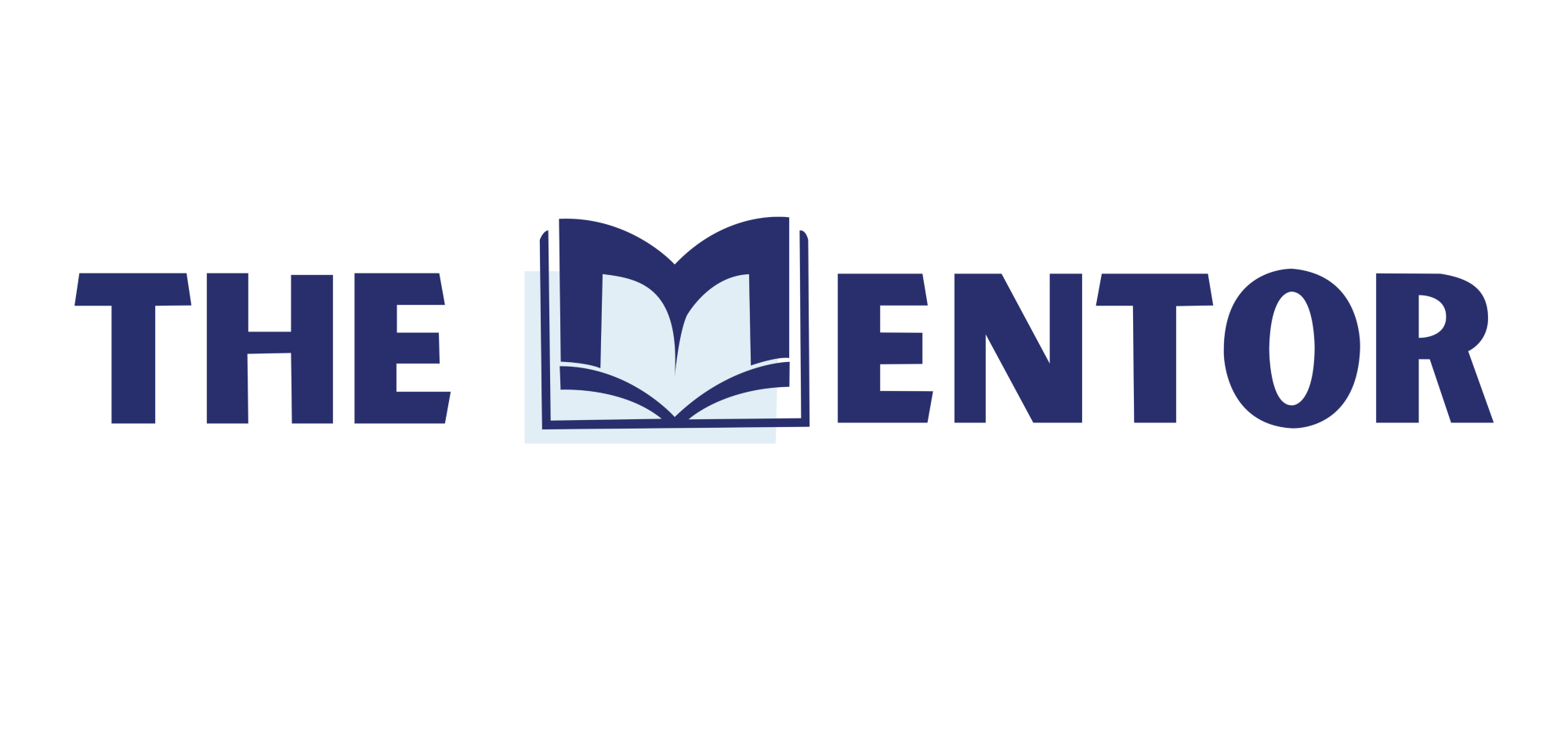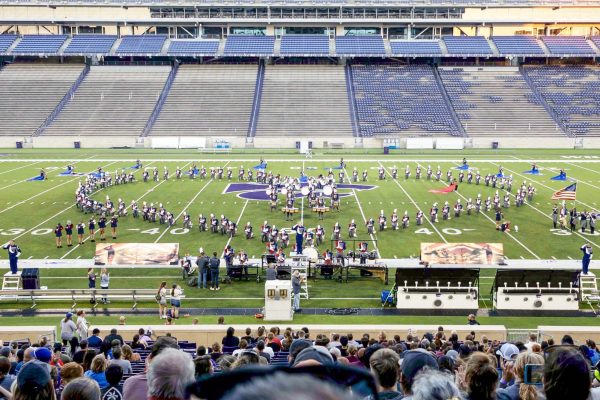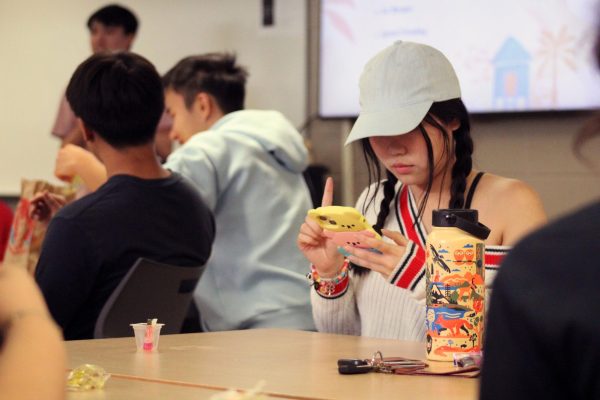Students compete in KSSEF State
Manhattan High entered four researchers in the Kansas State Science and Engineering Fair, which was held virtually on Friday and Saturday, placing two and qualifying sophomore Julius Neumann for the international fair in May.
Neumann placed first in the Division I Physics and Astronomy category, first overall in the high school division and received the NASA Earth Science System Award. Junior Ava Chae placed second in Division I Behavioral Sciences category.
“I’m so excited and happy that I won,” Neumann said. “It’s such an honor to win the science fair because there are always so many great projects and so many amazing people.”
Other participants included seniors Koen Arthaud-Day and Mia Thompson, who are both a part of the University Level Research Mentorship class.
“While I’m sure that everyone would like to advance to the next level, truly there really are no disappointments or hard feelings,” sponsor Janet Hanson-Stark said. “If you think about it, the actual world of university research, although it can be competitive, is much more collaborative and I think that our two seniors Koen and Mia have understood that without a shadow of the doubt.”
MHS students’ chosen areas of study covered subjects spanning from physical sciences to behavioral. Neumann’s project, “Space Junk: Cleaning up Orbital Debris While Saving Rocket Fuel,” focused on physics, while Chae’s, “When the Pandemic Creates Behavioral and Economic Crisis: The COVID-19 Pandemic and Implications for Policy-Making,” researched the social sciences. Thompson presented “Stimulating and Adding Peptide to Change Macrophage Phenotype” and Arthaud-Day’s project, “Diversity Study of the Bridger Formation in Wyoming U.S.A.,” studied anthropology.
Neumann got the idea for his project about cleaning up “space junk,” — debris including rocket parts, disused satellites and smaller particles that are no longer useful — from seeing it in the news.
“I have always loved maths and physics, and space junk has been in the news a lot recently… Space junk is incredibly dangerous because it is orbiting around the Earth about 10 times the speed of a bullet, and when space junk collides with a satellite or a spacecraft, it can immediately destroy anything in its path,” Neumann said. “So for my project, I developed a computer simulation that calculates the trajectories of a spacecraft that cleans up debris, and of debris itself. And I wanted to find out if it’s possible for spacecraft to clean up debris by throwing it into the atmosphere to burn up.”
The ISEF conference will be virtual this year due to COVID-19, but Neumann is still excited to participate.
“I’m super excited to go to the International Science Fair,” Neumann said.”Last year, the state and international science fairs got canceled so this is the first year that I’ve had the opportunity to compete in the high school division. I’m super excited to meet the judges.”
For those that did not qualify for Nationals, their last chance to present their project is on April 15 at the MHS University Level Research Symposium. This will be the first in-person event the students have been able to participate in.
“It was a really exciting week for our researchers,” Hanson-Stark said. “I know it’s always better to do these things in person, but when you’re able to do things virtually it also opens up a particular exposure and opportunity that maybe you didn’t have before. And so we always look for the silver lining in those clouds I definitely think that that’s one.”



